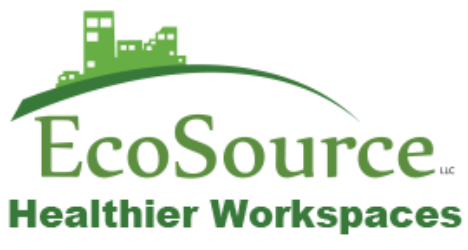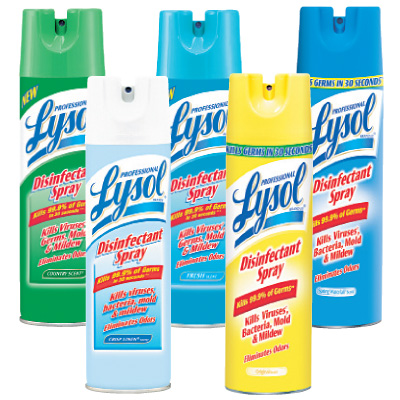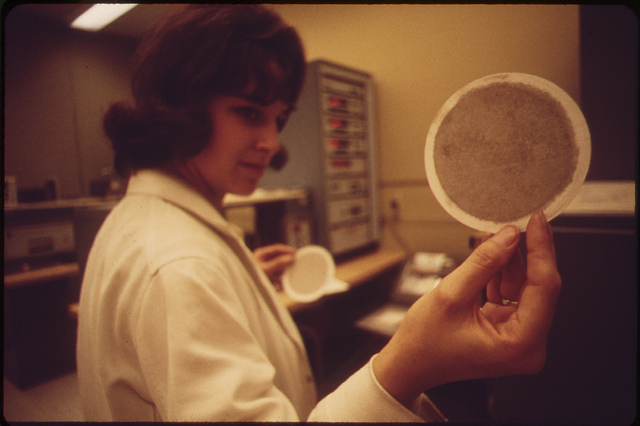
Did you know?
Until a few years ago, about 30% of commercial cleaning services in the New England area were being provided by franchised cleaning services and franchise cleaning operations. Changes in the Massachusetts labor laws forced cleaning franchise companies that were previously doing commercial cleaning out of the subcontract cleaning market.
Individuals looking to seek out jobs or work in the cleaning industry may not be aware of the changes in the Massachusetts labor law. There have been lawsuits and arguments where franchisees can or cannot be considered employees by their master company. In Massachusetts, cleaning franchises, specifically, are structured differently than a franchise in another state. Franchisees are considered employees under the Massachusetts labor law, and therefore it can make operating a traditional cleaning franchise difficult, since the law is different than the rest of the states in the country.
Continue reading “Massachusetts Cleaning Franchises & What You Should Know”


